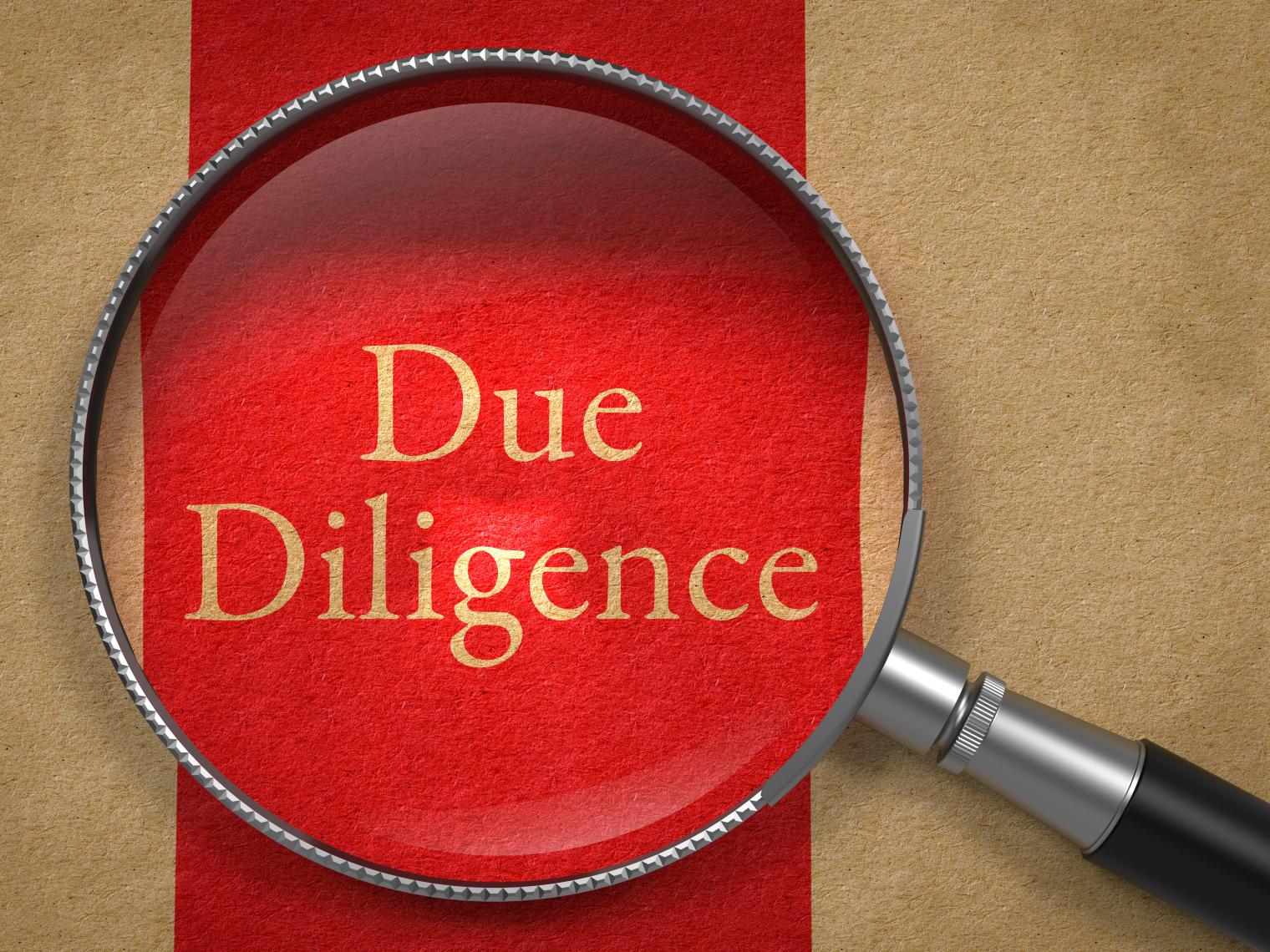How to Be Positively Skeptical Part 3: How Do You Do Your Due Diligence?
Submitted by Desmond Wealth Management, Inc. on June 23rd, 2020
“All media shares one thing: Someone created it. And it was created for a reason. Understanding that reason is the basis of media literacy.”
— Common Sense Media
In previous installments of our “How to Be Positively Skeptical” series, we covered the many forces that tease us into falling for misinformation. Bottom line — our brains are hardwired to lead with fight-or-flight instincts ahead of rational resolve. As such, our critical thinking often plays second-fiddle to rash reactions such as fear, excitement, overconfidence and regret.
In the financial jungle, it’s essential to look before you leap at emotion-triggering misinformation. Here are five “do’s” and “don’ts” for doing your best fact-finding due diligence.
1. Do be positively skeptical. In the courthouse, a defendant is presumed innocent until proven guilty. When managing information overload, we recommend you default to exactly the opposite: When in doubt, remain in doubt until you’ve done your due diligence.
Also watch out for confirmation bias. If you want something to be true, you’ll be more inclined to believe it is. Likewise, if you wish something weren’t so, you’ll assume it probably isn’t.
2. Do question the motives. As suggested above, everything you see, hear or read is driven by someone’s incentive for sharing it. A helpful "Life Kit Comic" from National Public Radio describes at least four potential motivations: self-interest, malicious intent, financial gain and/or genuine altruism. Determining which motivations are most likely at play suggests how readily to accept a claim as the whole truth and nothing but.
Also watch out for familiarity bias. We take mental shortcuts to more quickly trust people who are familiar to us, whether or not our trust is well-placed.
3. Do consider the source. Motivation aside, does the source actually know what they’re talking about? If they’re sharing their own insights, do they have the credentials and/or experience to be accurate and objective about the subject matter? If they’re reporting others’ insights, have they first done their own due diligence? Is their “evidence” fact-based, first-hand and objectively considered? Or is it opinionated, emotionally charged and largely circumstantial?
Also watch out for blind spot bias. We can more objectively spot others’ behavioral biases than we can recognize our own. This is one reason why even a well-intended individual may be unaware of their own misperceptions.
4. Don’t let repetition replace reality. Believe it or not, simply repeating a lie can make it more believable. Citing a pair of studies from the Journal of Experimental Psychology, this Wall Street Journal columnist reported, “When people hear a false claim repeated even just once, they are more likely to let it override their prior knowledge on the subject and believe it.” This all too real “illusory truth effect” explains how effective marketing campaigns often work. It also explains how we can fall for fast-moving falsities, whether unwittingly or intentionally repeated.
Also watch out for hindsight bias. Hindsight bias tricks us into altering our memories to reflect current reality. In other words, once you decide to believe a repeated claim, you may forget you didn’t believe it the first time.
5. Don’t rush. Especially in money management, anything that is important today will still be important tomorrow. Take your time, ask critical questions and ensure you understand the ramifications before you make any move. The same applies when sharing tantalizing social media posts. If something strikes you as either outrageous or too good to be true, avoid getting caught up in the heat of a moment, lest you accidentally fan the flames of an illusory truth.
Also watch out for herd mentality. Herd mentality intensifies our greedy or fearful reactions to breaking news. We are prone to run in whatever direction everyone else is headed.
How Do You Do Your Due Diligence?
Of course, nobody can research every claim they come across. There are only so many hours in the day! So, what are some practical steps for efficiently differentiating fact from fiction? We’ll cover that in our next and final installment in our “How to Be Positively Skeptical” series.

